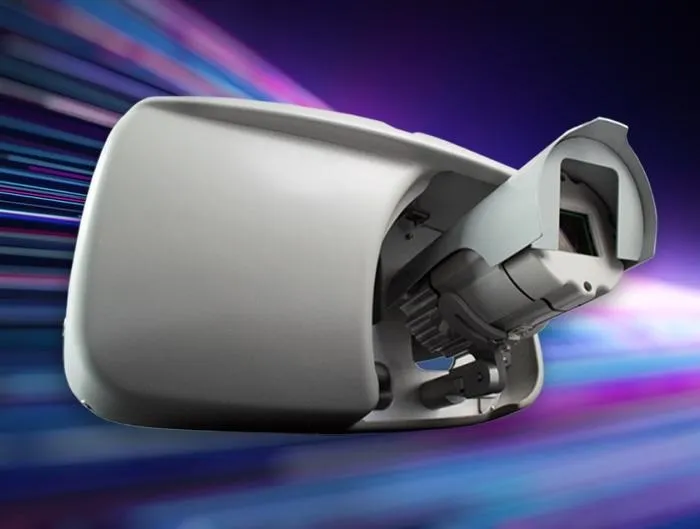Thales has been chosen by Italian rail network operator Rete Ferroviaria Italiana (RFI) to lead a pool of companies on implementing security systems on 61 RFI stations across various regions in Italy. The project aims to help security personnel respond more proactively to enhance passenger safety and is part of a long-term strategic plan to modernize the entire rail network. Other partners involved in the project include Leonardo, Ingegneria & Software Indistriale and SE.GI. The contract includes Closed
November 28, 2017
Read time: 2 mins
Other partners involved in the project include Leonardo, Ingegneria & Software Indistriale and SE.GI.
The contract includes Closed Circuit TV, access control/intrusion detection, smoke detection, protection fences, power efficiency, lighting, data transmission and wiring. The systems are intended to enable operators to respond to acts of vandalism as well as violent and aggressive behaviour.
New systems are designed with the intention of integrating with legacy systems to ensure operational continuity within the scope of a five-year warranty and maintenance services. The proposed solution includes introducing new centralised software platforms to broaden the spectrum of activities that can be monitored at reduced maintenance costs.









